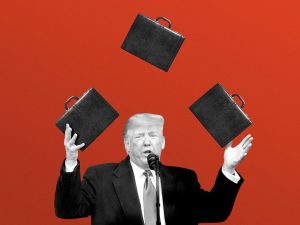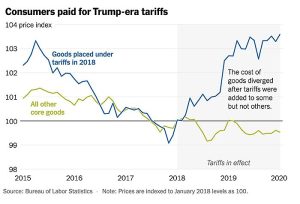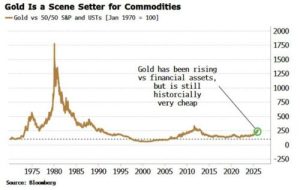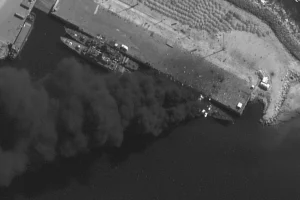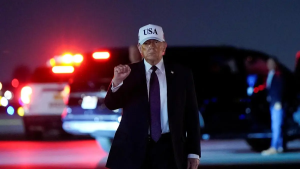Supreme Court Faces Constitutional Crossroads Over Presidential Tariff Authority
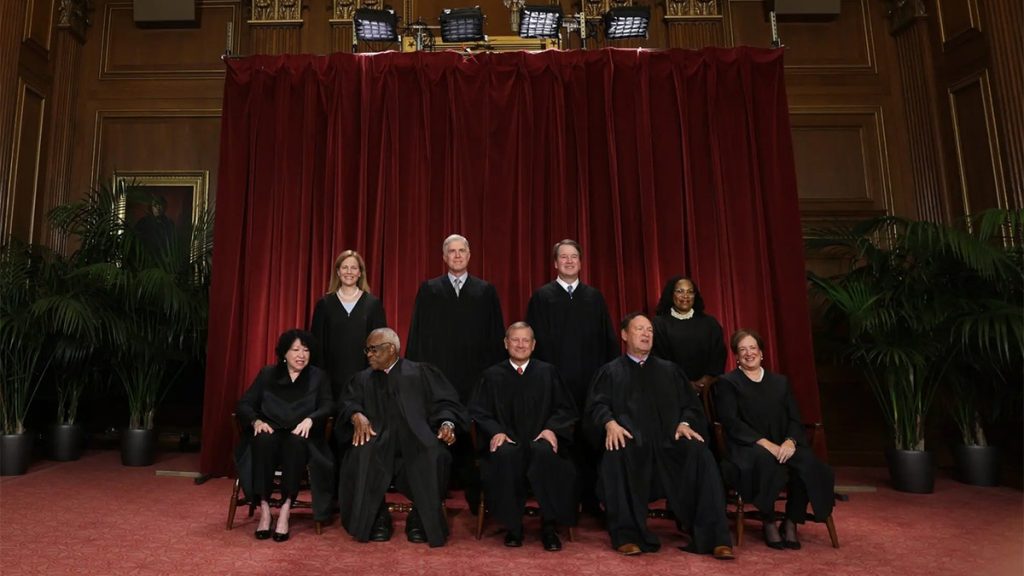
The U.S. Supreme Court is poised to address whether the president can impose tariffs on foreign-sourced goods without explicit congressional authorization, sparking a debate over constitutional limits on executive power.
The case centers on the president’s authority to levy taxes on products and services purchased in the United States but originating abroad. While tariffs have historical roots dating back to the nation’s founding, the legal question hinges on whether Congress delegated this power to the executive branch.
The Department of Justice (DOJ) argues that statutes such as the National Emergencies Act of 1976 and the International Emergency Economic Powers Act of 1977 grant the president broad authority to address economic crises. However, critics contend that these laws never explicitly authorized tariff imposition and fail to meet federal definitions of an “emergency,” which require sudden, unexpected events like natural disasters or military attacks.
The article highlights longstanding trade imbalances as a recurring issue since 1934, rejecting the notion that such conditions constitute emergencies. It emphasizes that taxation is a core legislative function, constitutionally reserved for Congress, and warns against unchecked executive overreach. The separation of powers, a foundational principle of the U.S. government, is framed as critical to preventing any single branch from accumulating excessive authority.
Legal scholars and historical analysis underscore the risks of delegating tax powers to the presidency, drawing parallels to constitutional checks on war-making authority. The piece concludes by asserting that the judiciary’s role is to uphold constitutional boundaries, ensuring no branch exceeds its prescribed limits.
